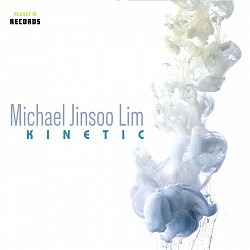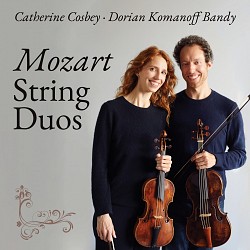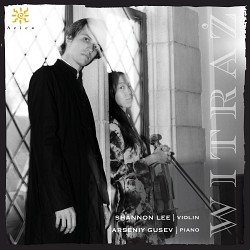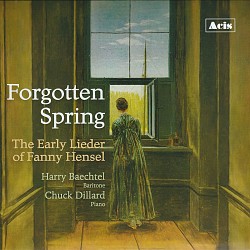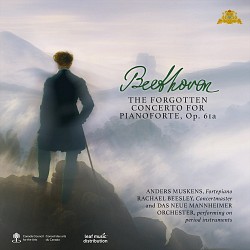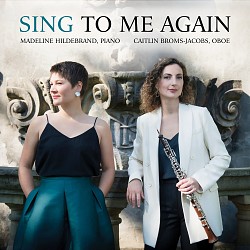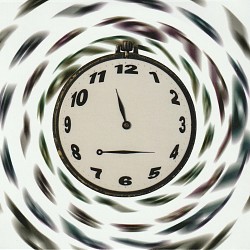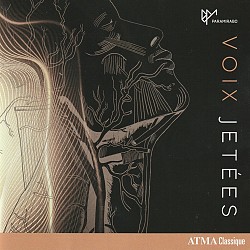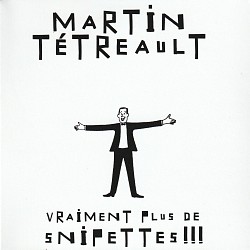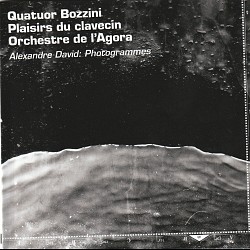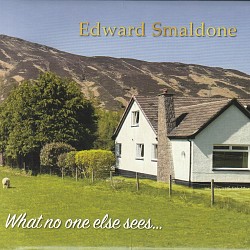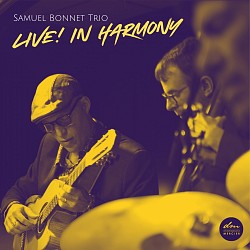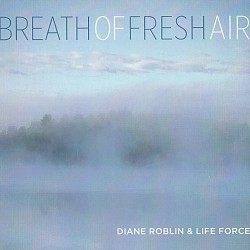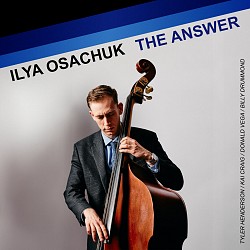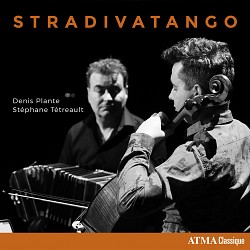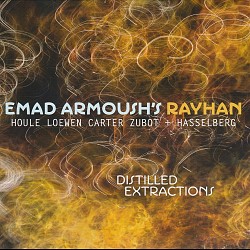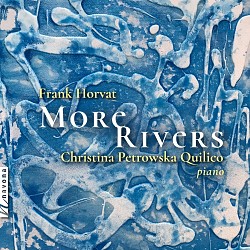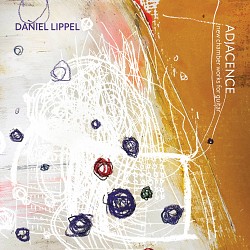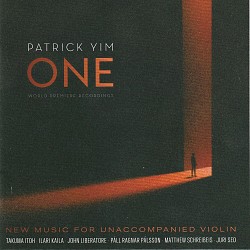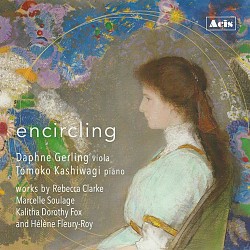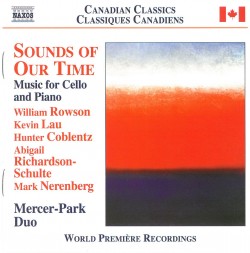 Sounds of Our Time
Sounds of Our Time
Mercer-Park Duo
Naxos 9.70212
The following is an excerpt from David Olds Editor's Corner December 2014
Review
I grew up with the understanding that Weinzweig, Archer and Coulthard were the first generation of Canadian composers and they were already in the late stages of their careers as I was coming to musical consciousness. But the works presented by Harrison and Keillor are the creations of young(ish) composers, the most senior being Archer at the ripe old age of 43 (although she did revisit the work almost two decades later). In another Naxos Canadian Classics release, Sounds of Our Time (9.70212), we are given the opportunity to hear a new generation of composers, ranging in age from 22 to 35 at the time of composition. Again the works are for cello and piano, in this instance performed by the Mercer-Park Duo (Rachel Mercer and Angela Park), themselves emerging artists at the beginning of blossoming careers, who perform together in a variety of contexts including this duo, the Seiler Piano Trio, the Kang-Mercer-Park Trio and the piano quartet Ensemble Made In Canada. They have each received innumerable distinctions, perhaps most notably Mercer’s being awarded the loan of the 1696 Bonjour Stradivarius cello from the Canada Council Instrument Bank from 2009 to 2012 which is heard in all its glory on this recording. I said the works were for cello and piano, but in one instance this is not the case and we get to hear the Strad in duet with itself as Mercer plays both parts in Ex Animo for Two Cellos, a 2010 composition by 22-year-old Hunter Coblentz. Producer Norbert Kraft says the process of overdubbing was a new one for him as a classical recording engineer, where the norm is one player per instrument, but the end result is entirely convincing with no hint of prestidigitation in the warm and well-balanced performance.Coblentz is just one of the names new to me here. The disc starts with William Rowson’s (b.1977) Sonata for Cello and Piano (2012) and finishes with I Thirst (2008) by Mark Nerenberg (b.1973), both composers I was unaware of. Rowson’s opens with belling chords in the piano and a lilting melody in the cello which is later traded back and forth between the players. Like all the works on the disc, chosen by the duo for their immediate appeal, there is strong lyricism and fairly traditional tonality combined with a sense of drama. Inspired by the Seven Last Words (of Christ on the Cross), I Thirst is a bit of an exception with its mood of quiet contemplation providing a gentle and effective end to a marvellous journey.
In between we encounter the work of a couple of more established composers, Kevin Lau and Abigail Richardson-Schulte, both laureates of the Karen Keiser Prize at the University of Toronto. Lau is currently an affiliate composer of the Toronto Symphony Orchestra, a post that Richardson-Schulte held from 2006 to 2009. She continues as the coordinator of the TSO’s annual New Creations Festival and is currently Composer-in-Residence with the Hamilton Philharmonic. Lau’s one movement work Starsail (2008) represents, in the composer’s words, “one individual’s journey into the great unknown, both beautiful and terrifying in its infinitude and mystery.” As the cello sails through the oft-stormy textures of the piano we are taken along for a wild ride with a transcendental ending. Richardson-Schulte’s Crossings (2011), although couched in a traditional four-movement chamber form, employs some interesting contemporary alternatives to standard practices which the composer outlines in the program note. Of particular interest to my ears is the quietly playful second movement in which the pianist explores the inside of the instrument with the aid of a ping-pong ball resulting in some unusual sounds. This work was commissioned by the Mercer-Park Duo and, like the rest of the pieces included here, is a world premiere recording. Throughout the performances are brilliant and the sound, recorded in Glenn Gould Studio, is flawless.
At the launch for this new “disc” I was surprised to learn that it is one of Naxos’ digital only releases. I wondered how this could be as I looked down at the hard-copy in my hand and was told that the duo had requested some physical product to sell at performances. Evidently this is the way of the immediate future. Naxos (and other companies) are quickly moving away from the production of discs and in many instances downloads will be the only way to obtain new releases other than from the artists themselves. As a staunch believer in full frequency listening (not possible with mp3s) I am initially skeptical about this new development. I have been assured however that “lossless” formats do exist and that Naxos will be offering “high definition” downloads that exceed the audio standards of the compact disc. I am not yet convinced, but will try to keep an open mind (and ear) as we explore the various options and possibilities in WholeNote articles in the coming months.

